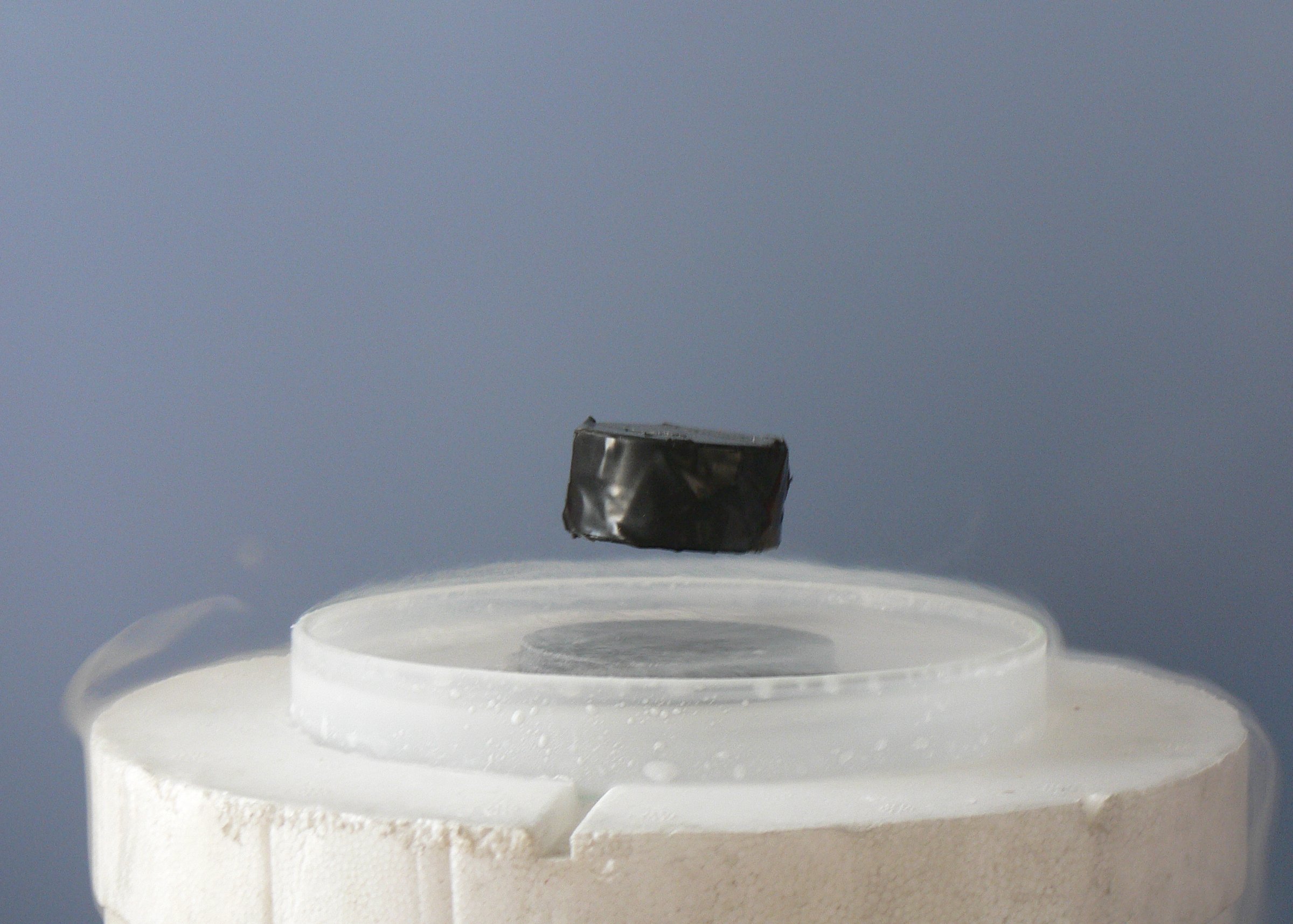
Photo from academic.microsoft.com
We present a state-of-the-art density functional theory (DFT) study which models crucial features of the partially disordered orbital order stacking in the prototypical layered transition metal dichalcogenide 1T-TaS2 . Our… Click to show full abstract
We present a state-of-the-art density functional theory (DFT) study which models crucial features of the partially disordered orbital order stacking in the prototypical layered transition metal dichalcogenide 1T-TaS2 . Our results not only show that DFT models with realistic assumptions about the orbital order perpendicular to the layers yield band structures which agree remarkably well with experiments. They also demonstrate that DFT correctly predicts the formation of an excitation pseudo-gap which is commonly attributed to Mott-Hubbard type electron-electron correlations. These results highlight the importance of interlayer interactions in layered transition metal dichalcogenides and serve as an intriguing example of how disorder within an electronic crystal can give rise to pseudo-gap features.
Journal Title: Physical Review B
Year Published: 2018
Link to full text (if available)
Share on Social Media: Sign Up to like & get
recommendations!